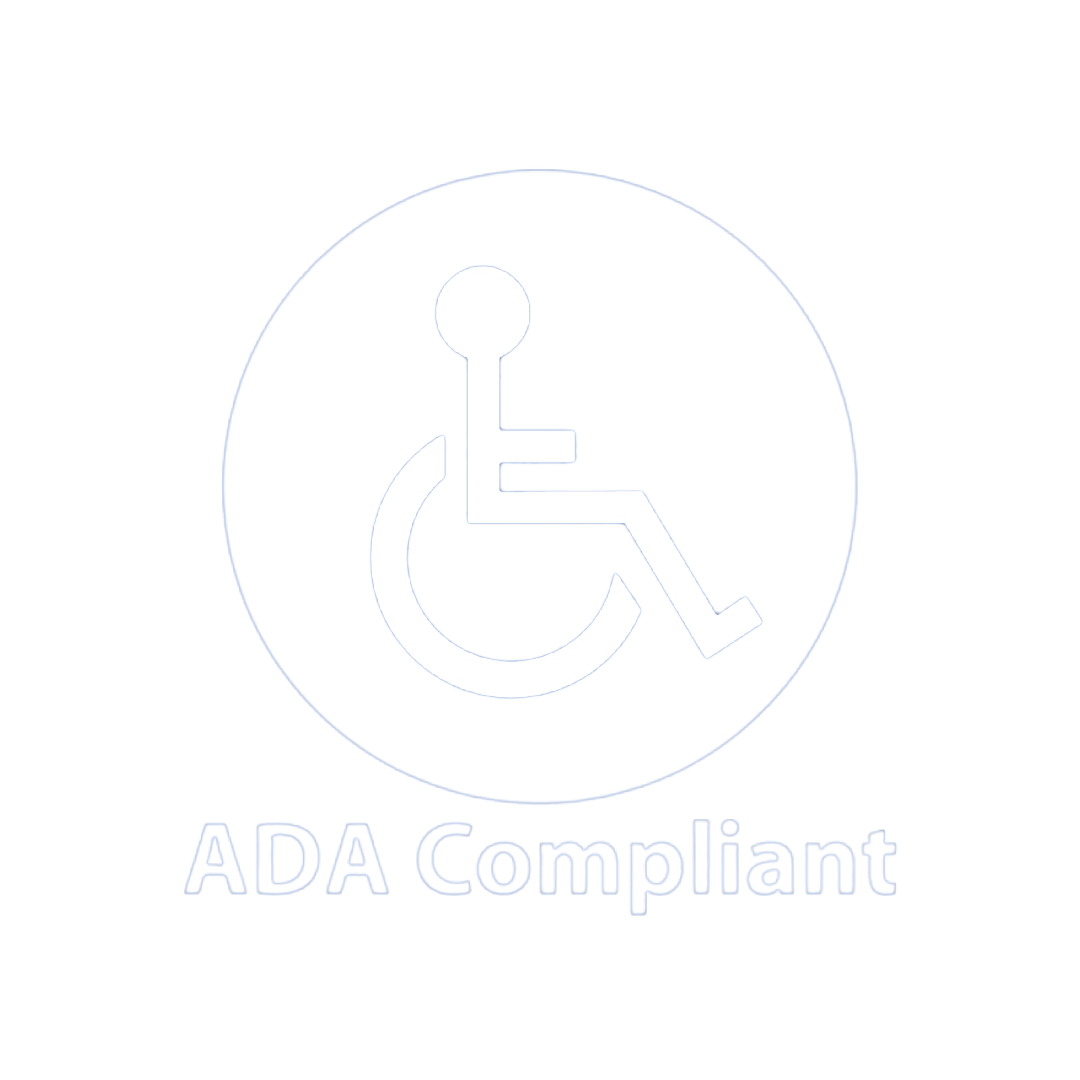It’s the FINAL COUNTDOWN! There are officially less than 30 days of 2012. This year has flown by at an alarming rate. This is one of the best opportunities you may have as a small business owner to reevaluate your current business’ current SEO practices in comparison with Google’s algorithm updates. Let’s review what has changed with the big updates from Panda (2011) and Penguin (2012).
Panda: First released in February 2011 the updates were aimed to ping and lower the placement of “low-quality sites” and raising those of a higher caliber. To check to see what Google qualifies as a “high quality site” we suggest checking out their 23 item bulleted list that can be located within their blog. There have been serveral updated to Panda eventually leading to the crack down on over-optimization.
Penguin: The most recent Google algorithm adjustment. Released in 2012, the update is aimed at decreasing the search engine optimization of sites that are in violation of Google’s Webmaster Guidelines. This basically means the update will ping sites that are found using black-hat SEO tactics. The most recent update is now called Penguin 3 and was released on October 5, 2012.
So what does that mean?
1. Your website should follow the Google Webmaster Guidelines – found here.
2. Make sure to not utilize any black-hat tactics and verify/correct any you may have currently.
At YCS Marketing we have come up with a few basics that everyone should review.
1. Cloaking: To put it succinctly, cloaking is presenting information to a search engine differently than that which is visible to the human eye on the computer screen.
2. Hidden text: Hidden text is text that is “hidden” within your background. The text is set at the same or very similar color to your background and set as an image.
3. Keyword Stuffing: The blatant overuse of keywords within your website’s text. Some website have been known to use a long list of keywords that are not related to your content, but are utilized to draw in a potentially larger audience.
4. Link Farming: Link farming is the creation of an excessive amount of back links or inbound links that are completely unrelated to the website’s content.
Just remember, these tactics WILL get your website into trouble with search rankings. The bottom line: following these tactics will lead to a smaller website audience leading to fewer sales.




